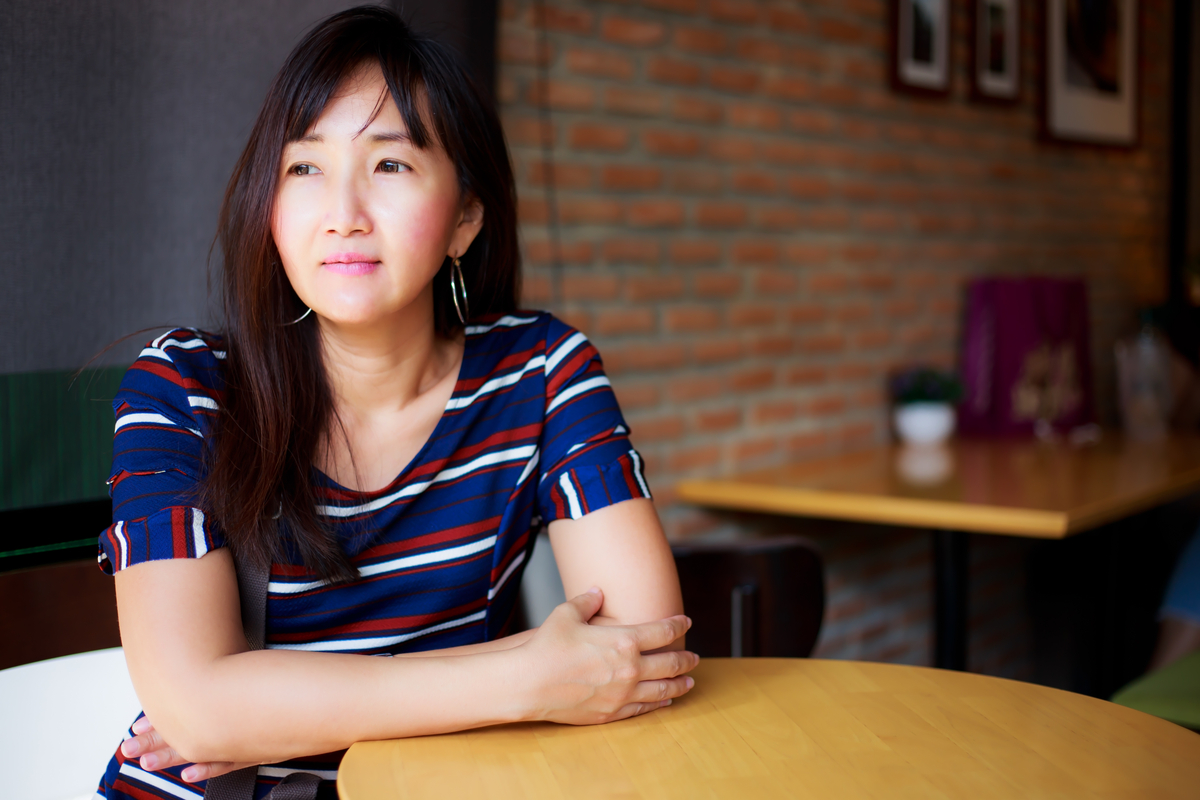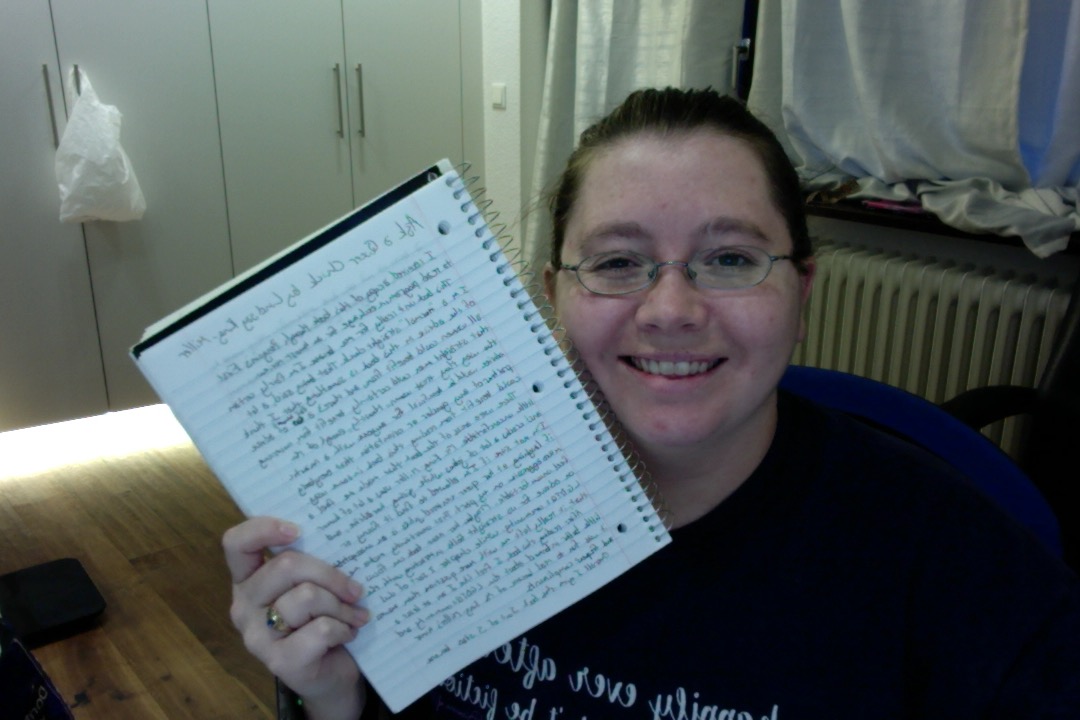

“ protecting your own physical and emotional health above all, which sometimes means cutting toxic people out of your life.” “King-Miller discusses what happens when friends or family reject, disparage, or refuse to acknowledge an LGBTQ person’s chosen identity-which is, unfortunately, still a common occurrence,” says Kathleen Napolitano, the book’s editor. 2016), which grew out of author Lindsay King-Miller’s popular column of the same title in the Hairpin, the 28-year-old shares her experiences of coming out and navigating the world as an LGBTQ person, offering encouragement and advice for dealing with various personal challenges. Themes of finding one’s voice, and embracing one’s identity, recur in books aimed at Millennial readers. “He’s grown up as ‘the other’ to everyone,” says Emi Ikkanda, associate editor at Holt, “but the obstacles he’s faced aren’t necessarily bigger than anyone else’s, and young people can easily relate to the pressure to fit in and the struggle to find your voice.” Today, more than 238,000 people subscribe to his YouTube channel. Anner first gained notice in 2010, when he won an Oprah Winfrey–sponsored contest to get a TV show, Rollin’ with Zach, on OWN. Zach Anner, a 30-year-old stand-up comic and humor writer who has cerebral palsy, approaches his disability with irreverence in If at Birth You Don’t Succeed (Holt, Mar. “The tone is confessional and self-deprecating in the way that many young writers on the Internet are,” says Mitchell Ivers, v-p and senior editor at Gallery, “especially Millennials who honed their voices, as the author did, on social media platforms like Tumblr and Twitter.”

In his final year at an elite New York City prep school, Lansky descended into a spiral of casual sex with older men and a prescription drug addiction, leading to an overdose.

Sam Lansky, 26 and an editor at Time, writes of his struggles against high expectations in The Gilded Razor (S&S/Gallery, Jan. “But that’s not reality, and it leaves those who are suffering deeply feeling like they are alone, when they are far from that.” “Adolescents and young adults are being trained by society and even parents to believe they need to be superhuman, perfectly polished, and with nary an emotional wrinkle in their days,” says the book’s editor, Heather Jackson.


 0 kommentar(er)
0 kommentar(er)
